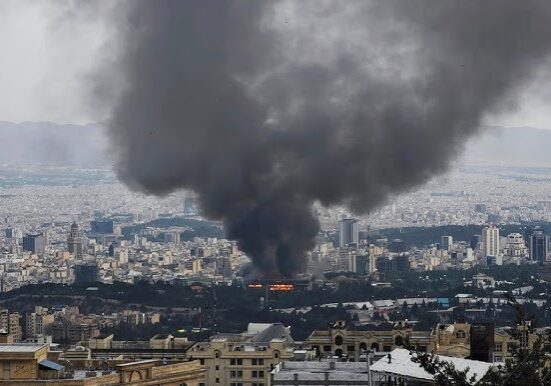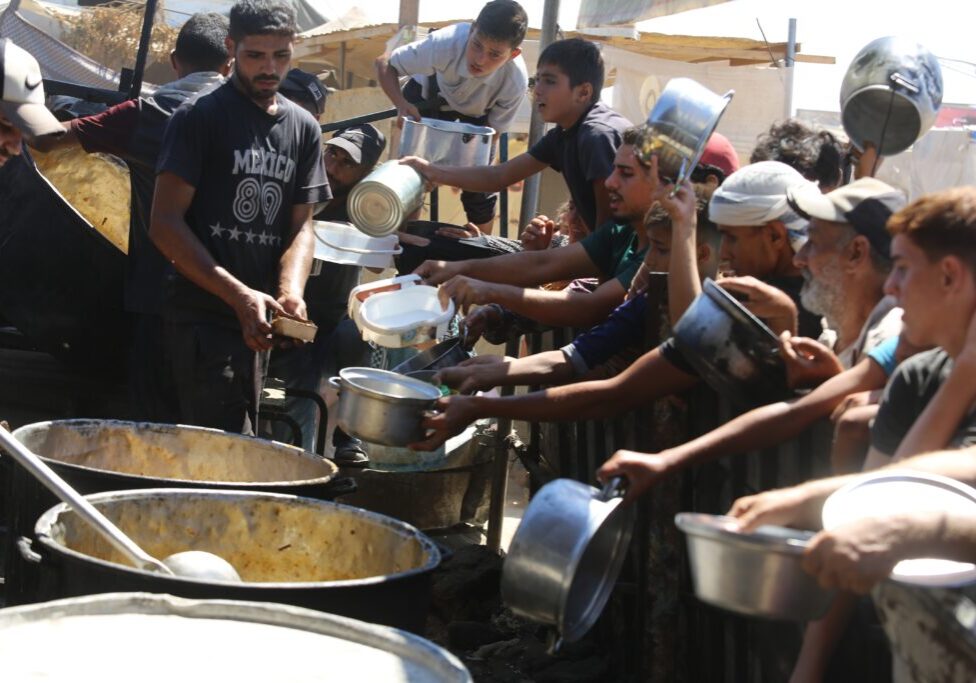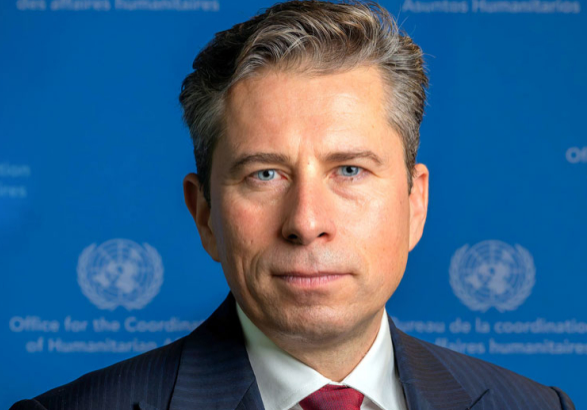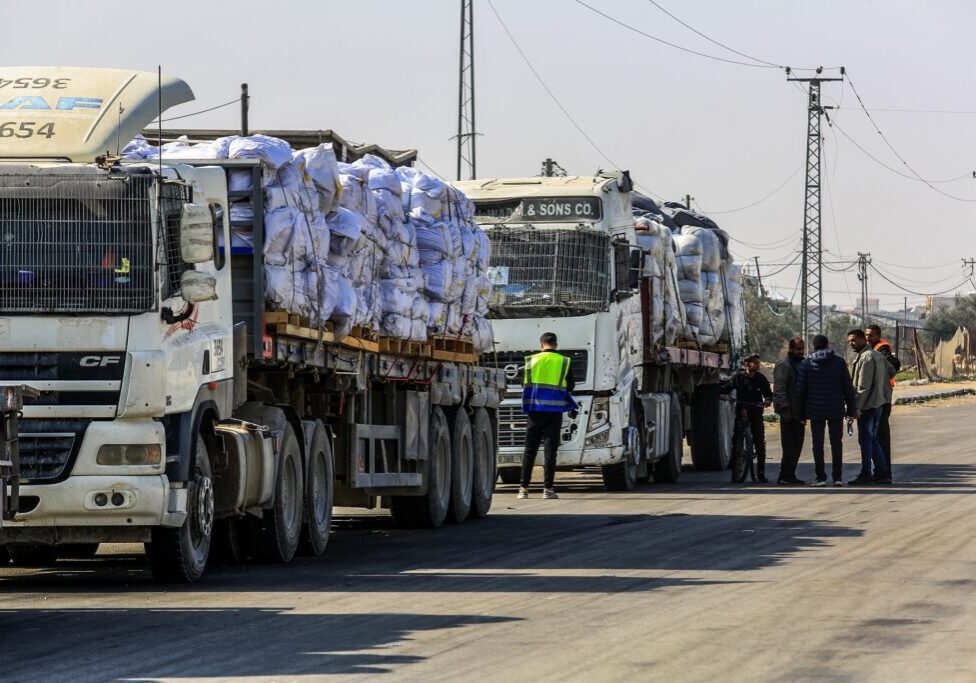Australia/Israel Review
How Hezbollah neutralised UNIFIL
Dec 19, 2019 | Ran Porat
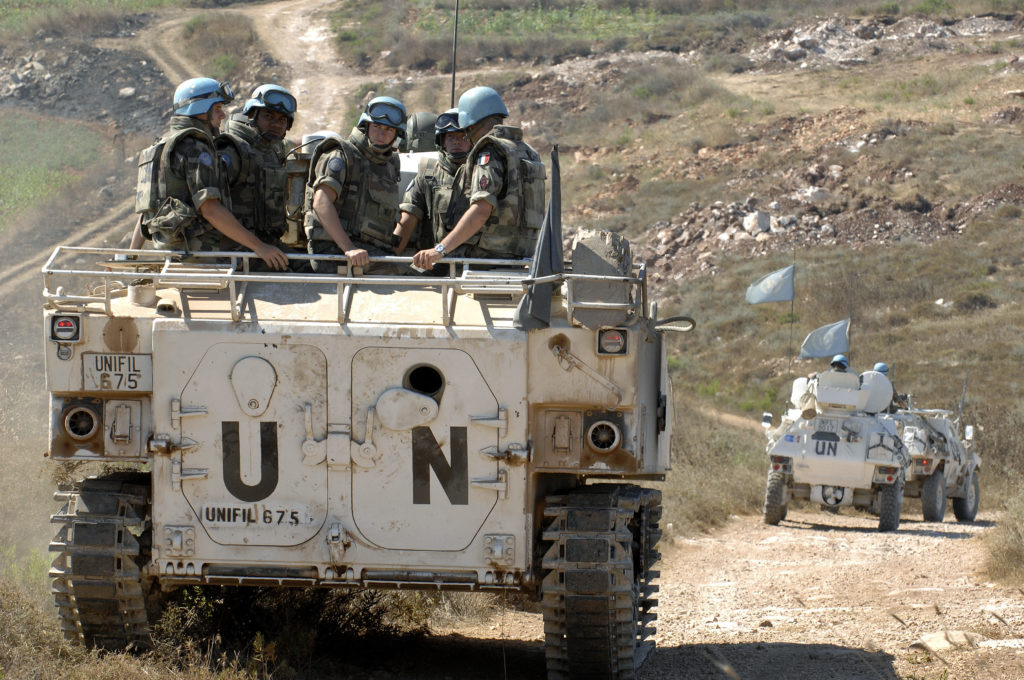
In a report issued on Nov. 26, UN Secretary-General António Guterres said that “The Lebanese government must take the necessary steps to disarm Hezbollah and other groups in southern Lebanon”. Referring to an attack by Hezbollah, the Iranian-funded Lebanese terrorist organisation, on Israeli forces on the border with Lebanon on September 2, Guterres warned that the incident “reflects the growing danger presented by armed groups operating outside of the Lebanese government’s control” in violation of UN Security Council Resolution 1701.
The danger Guterres is worried about concerns the UN Interim Force in Lebanon (UNIFIL), the multinational peacekeeping force originally created in 1978 and later tasked with implementing 1701. Yet a new report by Gen. Assaf Orion of the Washington Institute for Near East Policy highlights how effectively and systematically Hezbollah has neutralised and defanged UNIFIL, rendering Guterres’ demands completely unrealistic at the present time.
Following the Second Lebanon war in 2006 UNIFIL was re-deployed and expanded – its forces now number 15,000 people with a US$500m budget – and its mandate redefined and enlarged: “[To] assist the Lebanese armed forces in taking steps towards the establishment between the Blue Line [the border with Israel] and the Litani river of an area free of any armed personnel, assets and weapons other than those of the Government of Lebanon and of UNIFIL deployed in this area”.
Thirteen years later it is clear that UNIFIL has failed miserably in fulfilling this mission. Today, Hezbollah is a powerful, well trained and heavily armed force, with more than 130,000 rockets and missiles and large stockpiles of other types of weapons. In south Lebanon, the area under UNIFIL supervision, Hezbollah has extensive control over the Shi’ite population residing there and massive weapons caches.
General Gadi Eisenkot, the Israeli army Chief of Staff at the time, revealed in 2017 that Hezbollah has a military presence in 240 villages in southern Lebanon, including forces and weapons in “almost every third or fourth house” inside civilian population centres.
Over the past decade, several rockets and improvised explosive device attacks on Israel have been launched from that area. UNIFIL also did not detect any of the six attack tunnels Hezbollah dug from south Lebanon into Israeli territory (which have been destroyed by Israel over the last 18 months).
Moreover, Hezbollah’s presence in south Lebanon was recently boosted after many of its members, including the Radwan elite commando force, returned from fighting in Syria and deployed into villages in the region. Israeli army officials have confirmed in Dec. 2019 that the Lebanese terrorist organisation has increased its deployment along the border with Israel. The net result of these developments is improved preparedness by Hezbollah for an attack on Israel.
UNIFIL’s lacklustre professional military conduct is a major contributor to Hezbollah’s ability to expand its powers without being hampered, or even called out for its behaviour in violation of the UN Security Council resolutions UNIFIL was created to enforce.
Yet UNIFIL’s impotence, Orion’s study reveals, is also the result of successful Hezbollah tactics, employed systematically since 2006, to deter and harass UNIFIL in order to strip the UN force of any meaningful monitoring abilities. Orion is a veteran Israeli army general with rich experience interacting with foreign bodies and governments and was in charge of the IDF’s interaction with UNIFIL and the Lebanese army for a number of years. Now a researcher at the Washington Institute for Near East Policy, his new report is titled: “Hiding in plain sight: Hezbollah’s campaign against UNIFIL.”
Orion lists the methods used by Hezbollah operatives in at least 150 incidents of confrontation with UNIFIL since 2006. During these events, UNIFIL endured various types of terror, violence, stone-throwing, gunshots and much more. Six peacekeepers have died and at least 41 have been injured as a result. The real number of these attacks is most likely higher due to under-reporting by the UN – another feature of UNIFIL’s unwillingness to face up to Hezbollah’s aggression.
The main aim of the Hezbollah-initiated assaults is to intimidate UNIFIL into abiding by what Orion terms “the Southern Lebanon rules dictated by Hezbollah”. These rules include significantly limiting UNIFIL’s freedom of movement (“Stay away”) and greatly reducing its ability to collect evidence of Hezbollah’s belligerent and illegal activities (“See no evil”).
To achieve these goals, Hezbollah operatives in southern Lebanon, dressed either in civilian clothes or in uniform, stop UNIFIL patrols with vehicles or barriers blocking the road, making sure the UN force stays on main roads, and deny them any approach to alleged “private properties” where weapons or other equipment are concealed.
In dozens of cases, “locals” attempted to seize or did seize UN equipment, including cameras, recording, navigation and communication gear, maps and documents. Hezbollah was also able to use threats to quash a French initiative to have its UNIFIL troops use drones for intelligence gathering. Together with the other aforementioned actions, it has thus effectively transformed southern Lebanon into a “no photography zone.”
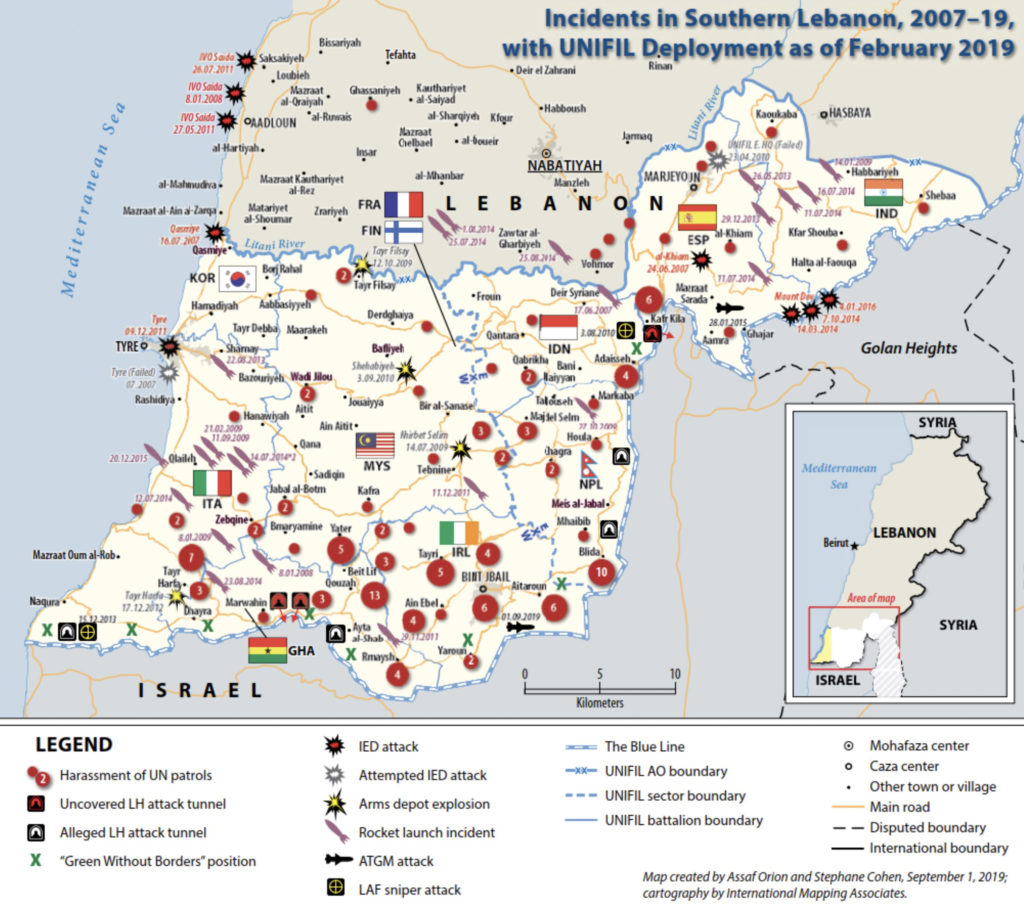
One notorious Hezbollah-linked attack on UNIFIL forces occurred on Aug. 4, 2018 in the village of Majdal Zoun, seven km north of the border with Israel, and was filmed and then broadcast in the international media. As a media account summarises the footage:
“The video shows groups of men block off the [UNIFIL] convoy with their cars. Once blocked off several men set upon the vehicles, trying to break in through the windows with hammers and stones. At one stage, gasoline is poured over the second UN armoured vehicle and then lit on fire. As it burns one peacekeeper leaves the vehicle while being accosted by the men. Another peacekeeper comes running out from behind the lead armoured vehicle with his gun drawn, only to retreat. Another peacekeeper leaves the APV, surrendering his weapon to the terrorists. Men carrying automatic weapons can be seen during the melee.”
Hezbollah makes use of a fake non-governmental organisation, “Green Without Borders”, whose personnel are stationed on towers along the border with Israel, to provide intelligence on UNIFIL (and Israeli) movements. It is also aided by official Lebanese entities such as local municipal officials and policemen.
Worst of all, the Lebanese Armed Forces (LAF) have betrayed their duty to assist UNIFIL. Instead, LAF soldiers stand by, cover-up or even assist Hezbollah, for example, by blocking UNIFIL patrols themselves or by mutual coordination of activities along the border. Information passed from UNIFIL to LAF, a former UNIFIL officer has revealed, is immediately shared with Hezbollah.
Expecting the LAF to disarm Hezbollah, as called for in Resolution 1701, seems unrealistic to say the least. Following elections in early 2019, and despite recent unrest in Lebanon, Hezbollah is still politically the power to be reckoned with in Lebanon. The LAF “operates within the consensus of rival political forces and sectarian communities, avoiding actions that would challenge the interests of any particular community”, as US-based political scientist Waleed Hazbun explained in 2016. LAF would not and could not confront the Shi’ite Hezbollah because of the latter’s political influence and the LAF’s need to maintain its legitimacy by not rocking the complicated boat of different ethnicities which make up Lebanon.
UNIFIL commanders have internalised Hezbollah’s red lines about what is allowed and what not. A former French UNIFIL soldier interviewed following the Majdal Zoun incident lamented what he called “UNIFIL’s attitude […] when decisions and orders are taken with the aim of avoiding issues with Hezbollah.” These orders, for example, prohibit UNIFIL from patrolling and taking photos in Hezbollah-controlled villages, he testified.
“In light of Hezbollah’s orchestrated campaign to cripple and blind UNIFIL,” explains Orion, “the UN’s first line of defence is denial and self-reassurance, watering down the hard reality. Many aggressive and threatening actions are described as merely ‘unfriendly’ or downplayed as isolated and negligible in scale against the general picture.” The result is reporting which is neither credible nor comprehensive – belittling Hezbollah’s belligerence and leaving critical gaps in mapping its violations of Resolution 1701. In Orion’s words: “The UN speaks softly, and the locals carry big sticks.”
To be fair, international peacekeeping missions are not always successful, especially when facing complicated realities in conflict zones. Yet the failure in the Lebanese case, a flammable country in an explosive region, is especially alarming. Immediate action is needed to restore UNIFIL’s capabilities and self-confidence vis-à-vis Hezbollah, at least enough to ensure it is able to offer credible reporting on Hezbollah’s activities in violation of UNSC resolutions. To expect UNIFIL to actually undertake the disarmament of Hezbollah those resolutions demand is probably unrealistic. However, without more credible UNIFIL monitoring, the relative peace maintained in the area is destined to collapse sooner rather than later.
Dr. Ran Porat is a research associate at the Australian Centre for Jewish Civilisation at Monash University, a research fellow at the International Institute for Counter-Terrorism at the Interdisciplinary Centre in Herzliya, Israel and a research associate at the Future Directions International Research Institute, Western Australia.
Tags: Hezbollah, Lebanon, UNIFIL, United Nations


